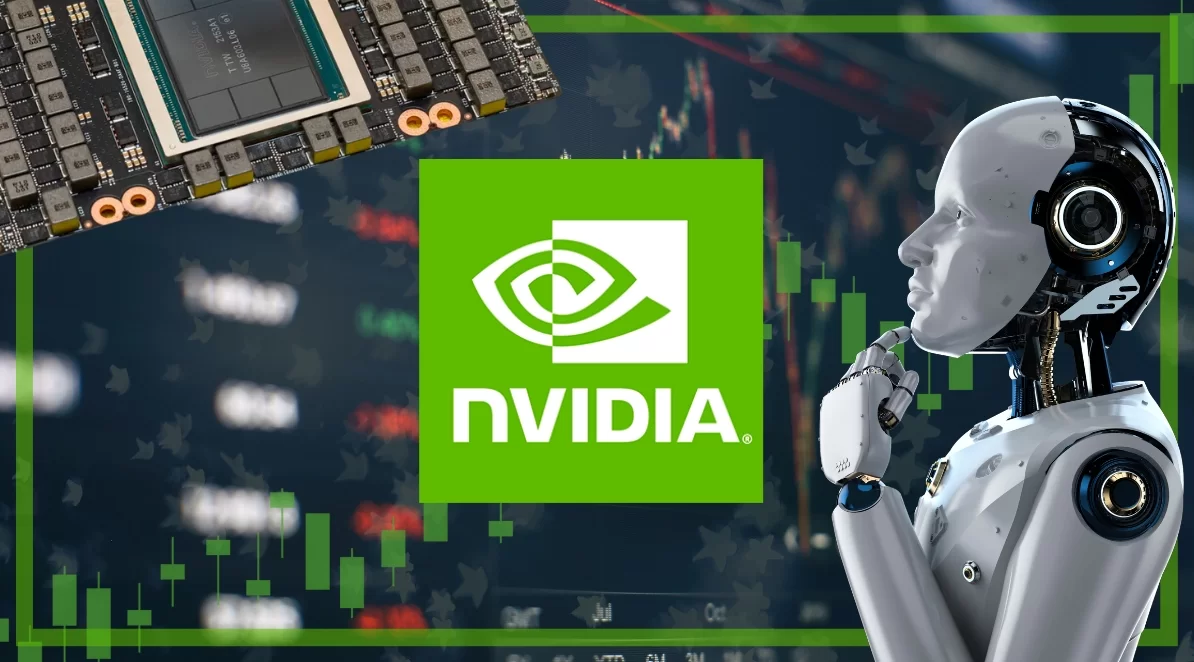Barely a day goes by without some major news breaking in the world of artificial intelligence (AI). Just today we heard the news that Stanford University’s AI leader, Fei-Fei Li, has built a $1 billion start-up in four months.
World Labs, Li’s start-up which is aiming to create spacial intelligence in AI by developing machines that can process and analyse visual data, has already raised two rounds of funding and received capital from investors including Andreessen Horowitz and Radical Ventures.
World Labs is just the latest example of the billion-dollar AI projects that seem to be springing up almost everywhere. In the past three months alone, investors have committed more than $27 billion into American AI start-ups, with around $50 billion invested in the space globally.
‘Godmother of AI’ Fei-Fei Li builds $1bn start-up in 4 months https://t.co/yhrpGl1hAs
— FT Technology News (@fttechnews) July 17, 2024
But as tens of billions of dollars now pouring into the industry, the inevitable question arises: is the AI space representing a bubble?
Nvidia, the world-leader in artificial intelligence computing, is perhaps the best example of this. Since the start of the year alone, Nvidia’s stock price has appreciated by over 160%. Zooming out over the last five years, Nvidia has seen a 3000% increase in its value. These are numbers we are more used to seeing on crypto markets than on the Nasdaq.
The sheer amount of hype surrounding AI and new tools such as ChatGPT have encouraged retail investors to pour capital into stocks such as Nvidia. In the second quarter of this year, the stock rose to become the third most popular in the country. Other AI-focused companies such as Dell and Broadcom have also been gaining popularity as investment opportunities, with the number of UK investors holding the stocks up by about 40%.
But are these investments wise? Terry Smith, founder and chief executive of Fundsmith, has publicly shunned Nvidia, arguing that it is too unpredictable as an investment.
Terry Smith: Nvidia is too unpredictable for Fundsmith to invest inhttps://t.co/aWrO9nHSDW
— Investment Week (@InvestmentWeek) July 10, 2024
Sean Peche, Portfolio Manager at Ranmore Fund Management, shares Smith’s views on the AI giant. “We fully understand and concur with Terry Smith’s stance on Nvidia. Nvidia is a fantastic company, but if you overpay for the prospects of great businesses, they can still be very poor investments, especially in the tech world where competition is rife,” he said.
“Nokia, Netscape, and Nortel were all once dominant ‘gorillas’ in the tech world with great prospects, but if you bought them when they looked like they’d dominate forever, you lost a lot of money. Even Intel’s ‘moat’ in chips seemed unassailable until recently,” Peche explained.
“What makes Nvidia different from other tech companies is that their many of their large customers are trying to develop their own AI chips, and many of these companies have R&D budgets that are many times Nvidia’s. Cisco never had customers trying to compete with them, and yet if you bought that company in early 2000, it took you 18 years to break even. What’s even worse is that at one point in 2002, you were down 90% on the 2000 high. That’s the danger of overpaying for good businesses.”
It is not just Nvidia which is potentially overpriced. In December, Disruption Banking ran a feature analysing Palantir, whose stock price is up by over 70% since the start of the year. Many investors suspect that a stock which appreciates to this extent in such a short space of time could represent a bubble.
As Acutel wrote in December last year, “after such a spectacular winning streak, investors may still be wondering whether there’s any value left in the stock as we head into 2024. The lofty market valuations of AI companies like Palantir reflect their ability to innovate and create value in a rapidly changing world. But they also reflect a growing number of risks, including the most dangerous risk of all – the risk of a bubble.”
Investors need to beware of the soaring valuations of companies that are betting on #AI as the next frontier of #growth. AI has indeed shown great promise and potential, but it also faces many challenges and uncertainties.https://t.co/Y8F3PlTre0
— #DisruptionBanking (@DisruptionBank) December 19, 2023
The retail investors who are pouring into Nvidia, Palantir, and other AI companies should do so with caution. There are plenty of risks surrounding AI, not least as the industry is almost certain to come under increased regulation in Western markets in the months and years ahead. But there is also the risk that investors have simply misjudged the extent to which AI companies will add value, at least in the near-term.
Massive increases in the value of individual stocks of course create opportunities for investors who have been holding the asset across a longer time space to take profits. Retail investors should think carefully before putting their savings in a stock surrounded by hype which may prove to be overvalued.
Author: Harry Clynch
#Nvidia #AI #Palantir #Nasdaq















